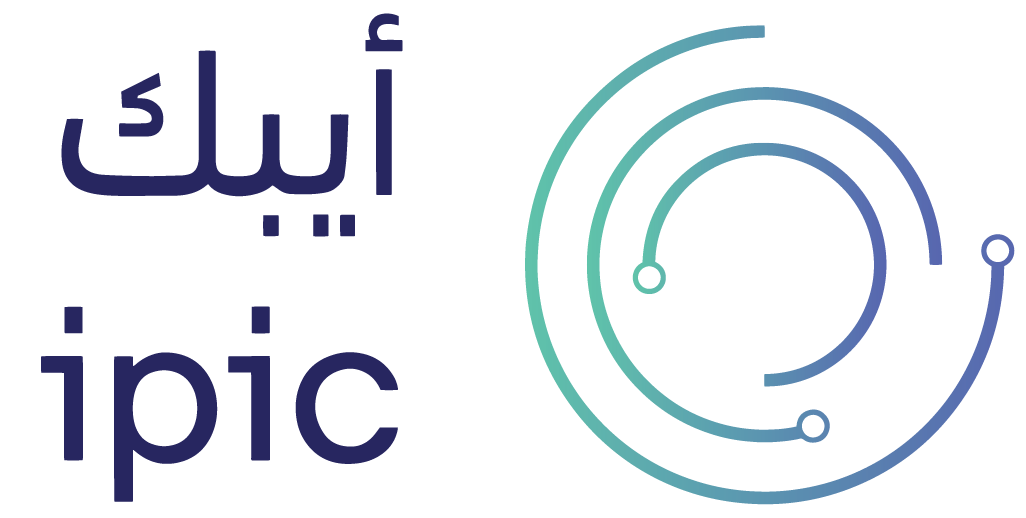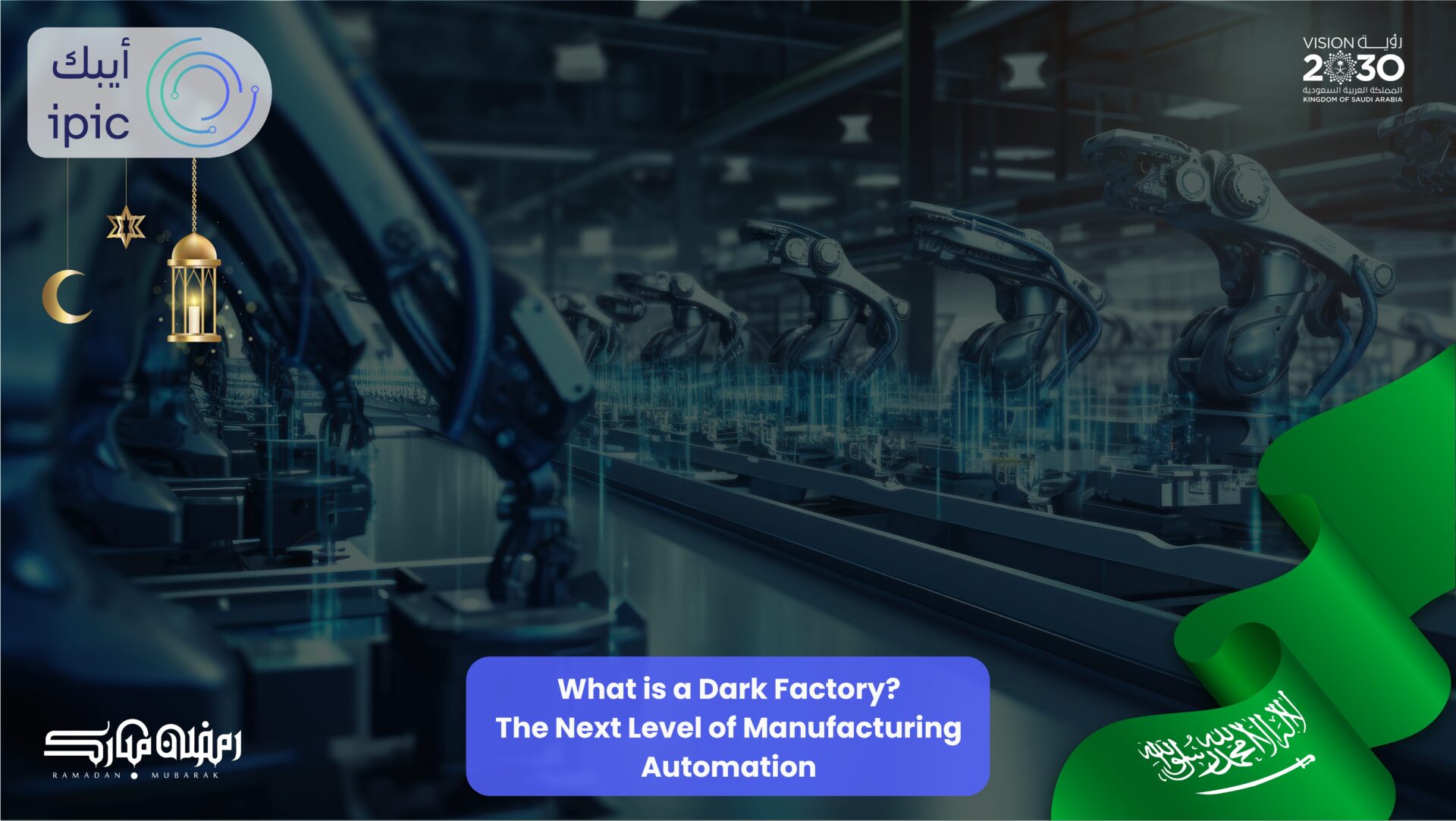What is a Dark Factory ? The Next Level of Manufacturing Automation
Introduction
With the rapid advancement of manufacturing technology, terms like smart factories, digital twins, and Industry 4.0 have become commonplace. However, one of the most futuristic—and increasingly real—concepts is the dark factory, also known as lights-out manufacturing.
Simply put, a dark factory is a fully automated manufacturing facility that operates without human presence on-site, even in complete darkness. This concept represents the highest level of automation and operational efficiency, where machines, robots, and systems handle all production processes around the clock.
In this context, IPIC plays a crucial role in providing advanced industrial automation solutions, helping businesses transition toward smarter and more efficient manufacturing models.
What is a Dark Factory?
A dark factory is a facility where manufacturing tasks are executed by robots, automated systems, and smart machines without the need for human workers during operation.
🔦 Why is it called “dark”?
Because the factory does not require lighting—machines do not need to see. The term symbolizes the absence of human labor during the production process.
Key Features of a Dark Factory
- ✅ Complete Automation: All production processes—including assembly, packaging, inspection, and logistics—are handled by robots, automated transport systems, and Autonomous Guided Vehicles (AGVs).
- ✅ No On-Site Human Operators: Human intervention is limited to remote monitoring, maintenance, and handling exceptions, increasingly managed through AI and predictive systems.
- ✅ 24/7 Continuous Operation: Dark factories can run non-stop, boosting productivity and reducing downtime caused by shift changes or human errors.
- ✅ Integration with AI and Industrial IoT (IIoT): AI and IIoT assist in decision-making, self-correcting errors, and optimizing performance in real time.
IPIC provides expert consulting in this field, offering tailored solutions for businesses looking to adopt smart automation technologies and achieve maximum manufacturing efficiency.
Technologies Powering Dark Factories
| Technology | Role |
|---|---|
| Robots & Cobots | Perform tasks like welding, picking, and assembling with high precision. |
| Machine Vision Systems | Inspect products for defects without human intervention. |
| SCADA & MES Systems | Automatically manage, monitor, and coordinate production activities. |
| AI & Predictive Analytics | Identify issues before they occur, allowing proactive responses. |
| Edge Computing & IIoT | Enable real-time data exchange and system integration. |
| Digital Twins | Simulate and optimize factory operations remotely. |
IPIC assists businesses in implementing these technologies by providing customized strategies to support their digital transformation.
Examples of Dark Factory Applications
- 🔹 Electronics Manufacturing: Automatic assembly and testing of Printed Circuit Boards (PCBs).
- 🔹 Automotive Industry: Lights-out manufacturing, component welding, and automated logistics.
- 🔹 3D Printing Facilities: Continuous printing and part removal using robots.
- 🔹 Warehousing & Distribution: Automated picking, sorting, and inventory management.
✅ Example: Japanese robotics manufacturer Fanuc operates a factory capable of running for up to 30 days without human intervention.
Benefits of Dark Factories
- ✅ Increased Productivity: 24/7 operation boosts production capacity.
- ✅ Lower Operating Costs: Reduced labor costs and energy consumption (no need for lighting or air conditioning).
- ✅ Improved Quality & Consistency: Minimizes human errors and enhances precision.
- ✅ Enhanced Safety: Reduces human exposure to hazardous environments.
- ✅ Scalability: Expands operations easily without hiring or training new workers.
IPIC provides comprehensive solutions to help factories achieve these benefits by adopting smart automation strategies.
Challenges & Limitations
- ⚠️ High Initial Investment: Establishing a fully automated system requires significant capital.
- ⚠️ Complex Maintenance: Advanced systems need skilled technicians and predictive tools.
- ⚠️ Cybersecurity Risks: Increased digital connectivity raises exposure to cyber threats.
- ⚠️ Limited Flexibility: Implementing sudden design or process changes requires reprogramming.
IPIC helps businesses navigate these challenges through specialized strategies and tailored implementation plans for each industrial sector.
Are Dark Factories the Future?
While dark factories may seem like science fiction, they are already a reality in several high-tech industries. However, they cannot be applied universally—yet. Some industries still require human supervision, creativity, and adaptability.
In the near future, we are likely to see “hybrid” models—combining full automation with human oversight for complex tasks or handling exceptions.
Conclusion
Dark factories represent a bold step toward the future of manufacturing, where efficiency, precision, and automation take center stage. As technology matures and becomes more accessible, more companies will shift toward this model.
🌐 Discover how IPIC can help transform your factory digitally!



